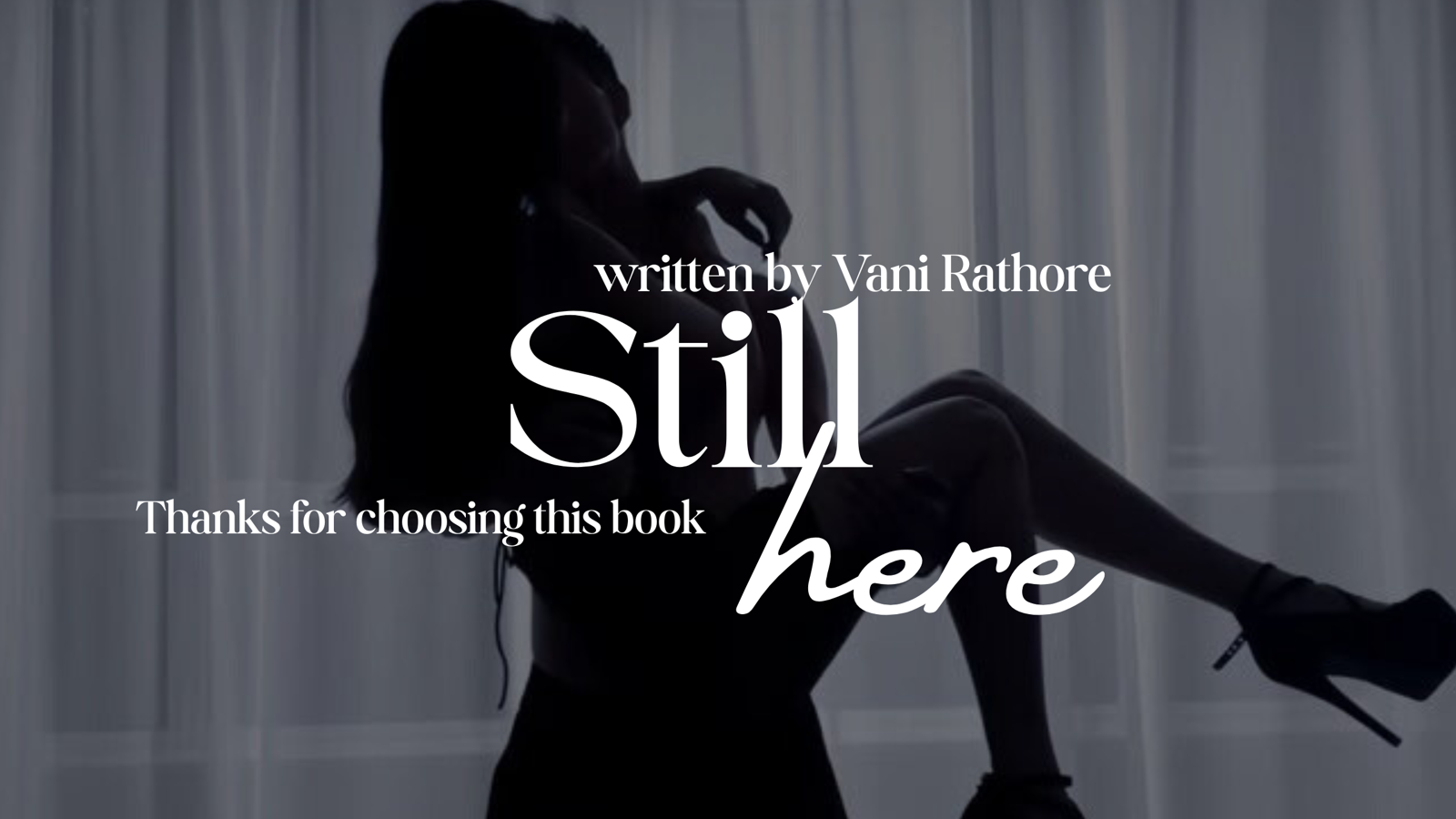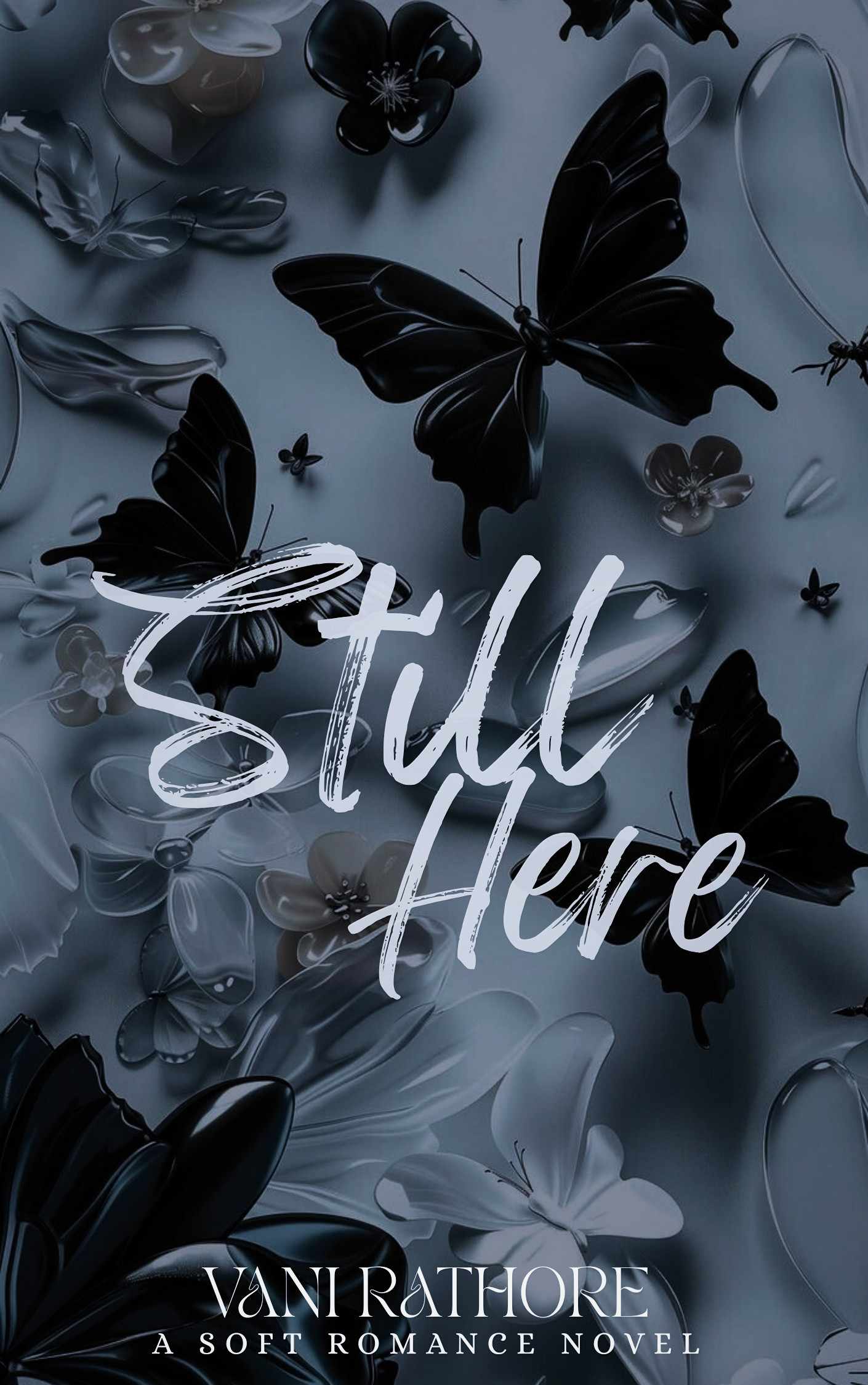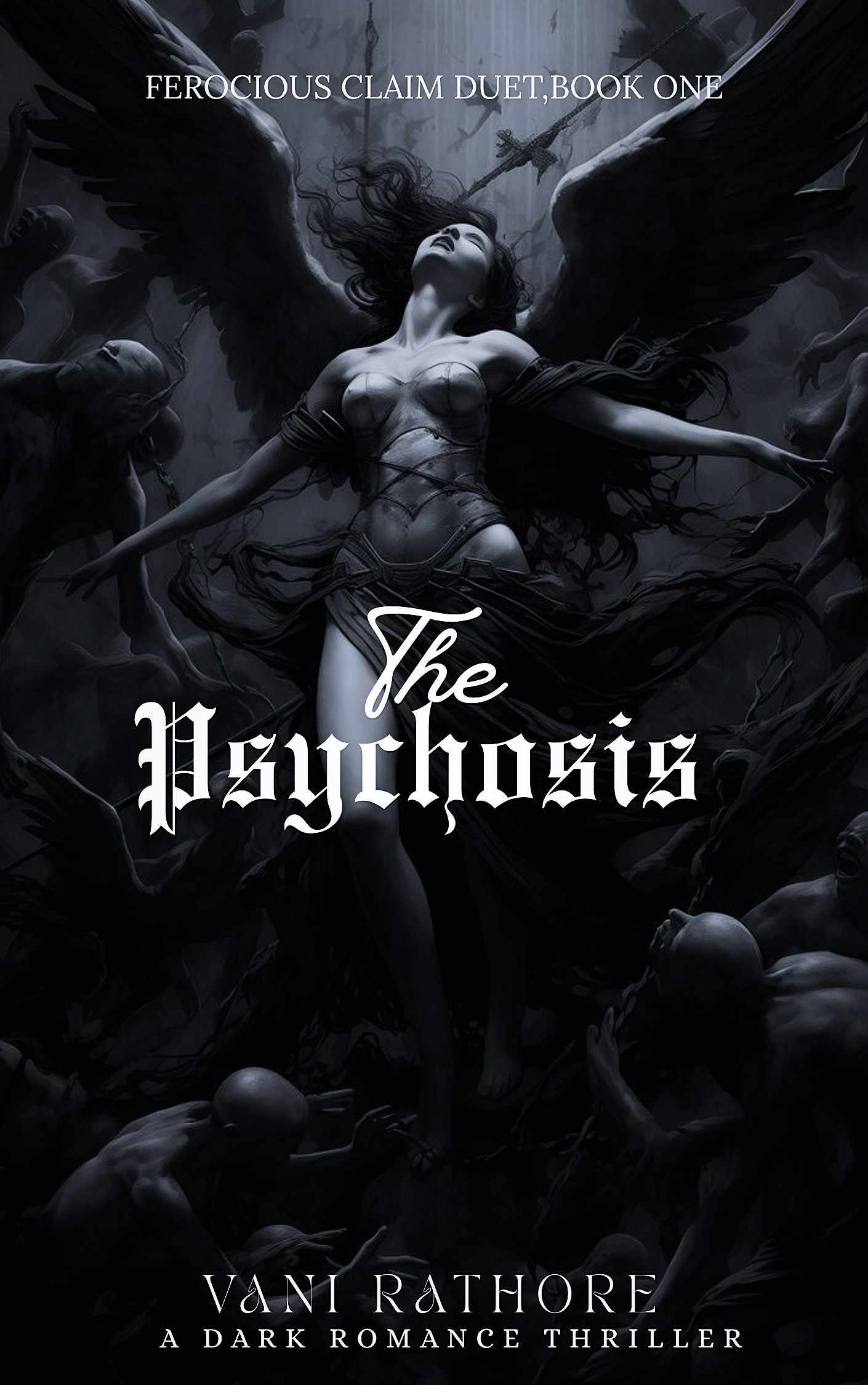

Each breath I held felt like heaven—every second underwater another step closer to silence, another step closer to the peace this world would never give me. The water muffled everything: the ticking clock, the faint hum of the pipes, even my own thoughts. My body felt heavier as I sank deeper into the tub, lungs burning, heartbeat slowing, the edges of my mind turning quiet.
I wanted to disappear.
Maybe this time, I thought, the water would take away what the world couldn’t. Maybe this time I wouldn’t come back.
But the sharp ring of my phone cut through the quiet like a blade, snapping me out of my fragile escape. My eyes flew open. I lurched upward, coughing and choking as I broke the surface, water dripping down my hair, my arms trembling as I clung to the edge of the tub. My lungs screamed for air as I dragged it in, each breath ragged and loud in the silence.
How many times had I done this now?
Five?
Ten?
Twenty?
I’ve lost count.
The number doesn’t matter anymore. The outcome is always the same: I surface, gasping, empty, my tears long since dried. There’s no crying left in me—only exhaustion.
I reached for the towel beside the tub, wiping my face with slow, deliberate motions. I avoided my reflection in the fogged mirror. I didn’t need another reminder of the hollow eyes and dark circles that made me look half-dead already.
The phone was still ringing, its shrill tone pulling me back into the world I didn’t want but couldn’t escape. I snatched it from the table near the bathtub and pressed it to my ear.
“Hello, Zoya.”
“Good morning, ma’am. Sorry to disturb you this early,” came my assistant’s soft, sweet tone—too gentle for a morning like this.
“It’s fine. Is it important? If not, tell me when I get to the firm,” I replied, voice flat, low, still rough from holding my breath too long.
“Actually, I just wanted to remind you that you have a hearing this afternoon.”
“I remember. I’ll be there on time. Anything else?”
“No, ma’am. And… sorry again for disturbing you. Have a nice day.”
The line clicked off.
“Nice day,” I repeated, the words rolling bitterly off my tongue, tasting like poison. If only she knew. The nicest day of my life would be the day I finally die. Because only then will I be free—free from the weight, the hurt, the constant ache of existing.
A humorless chuckle left my lips as I stood and stepped out of the tub, the cold air pricking at my damp skin. I dried off quickly and wrapped a towel tightly around myself.
Once dressed, I moved through the motions of my morning with the same practiced precision as always. Checked my emails. Skimmed through the headlines on my preferred news outlets—I avoid news channels; they’re little more than barking dogs for whichever politician feeds them. Print and my private sources are more reliable.
I double-checked my bag: the case files for today’s hearing, my water bottle, sunscreen, lip balm, notepad, pens, the book I’m currently reading, my small Kanha Ji statue, laptop, power bank, and phone. Everything I needed to survive another day.
Before leaving, I applied a touch of concealer—just enough to cover the bruised-looking shadows beneath my eyes. I didn’t bother with anything else. Then, as I always do, I clasped my hands together, closed my eyes, and whispered softly, “Kanha… please take care of everything today, like always. I can’t do it alone.”
Bag over my shoulder, I descended the stairs—only to hear that familiar venom-laced voice. My father’s sister. A woman I refuse to call “aunt” because she forfeited that title long ago.
“Make me a cup of tea before you run off, whoring around with those boys,” she sneered, her voice dripping with contempt, the same insult she repeats every morning as though it might eventually wound me.
I forced a sweet smile, one so saccharine it could rot teeth. “Why don’t you ask your unemployed son to make it for you? At least then he’d be useful for something.”
Her face twisted. “How dare you, bit—”
“Finish that sentence,” I cut her off sharply, my tone cold and calm, “and you’ll be thrown out of my house.”
Because I’m done. Done letting these people feed off me while spitting in my face. They live under my roof, eat my food, bathe in my money, and still have the audacity to shame me.
I walked toward the dining table, hand reaching for the lone apple in the fruit basket. Before I could take it, my cousin—her spoiled daughter—snatched it.
She met my gaze with a smirk. “What? You want it? Eat it off the floor.” She threw it down, the apple hitting the marble with a sharp thud.
I didn’t say a word. I bent down, picked it up, washed it, murmuring a silent apology to God for the disrespect shown to food. Then I bit into it deliberately, my eyes locked with hers, cold and unflinching.
“Since you clearly don’t respect food,” I said, voice calm as ice, “you might not need it anymore. I want you and your family out of my house before I return. Understand?”
Her eyes widened. “You can’t do that. We’re family!” came my so-called aunt’s voice from behind me.
I turned, leaning lazily against the dining table. “Family? Really? When was the last time you treated me like family?”
Silence. She froze, lips parting but no words coming out.
I smirked. “Exactly. My decision is final. No one—not even God Himself—will change it.” I washed my hands, picked up my bag, and left without a second glance.
___
At the firm, I buried myself in work. Or at least tried to. The case file in front of me made my stomach twist.
“Disgusting,” I muttered under my breath, snapping the folder shut.
Zoya, perched nearby, looked up. “What’s wrong, ma’am?”
“Nothing,” I lied, pressing my fingers to my temple as the familiar ache pulsed behind my eyes. “Just… amazed by how cruel people can be.”
The headache sharpened, pulling another sigh from me. “Zoya, get me a coffee.”
“Yes, ma’am.”
In the meantime I tried to pull my focus back to work but honestly with this headache it was impossible.
While she left, my phone buzzed.
“Hello.”
“How dare you throw your aunt and her family out, knowing they have nowhere to go?” My father’s voice, cold and accusing.
“It’s my house,” I replied, my voice as frigid as his. “No one disrespects me there. They did. They’re gone.”
“They’re your family,” he said again, as though the word alone absolved everything.
“And I’m theirs. But they never cared about that, so why should I?”
“She’s older. People make mistakes. Be the bigger person.”
A humorless laugh escaped me. “Why should I be the bigger person when I’m younger? When I made mistakes as a child, no one forgave me. You didn’t teach me forgiveness—you taught me punishment. My decision stands.”
“You—” he started, but I ended the call before he could finish.
By the time Zoya returned with my coffee, my hands had stopped shaking. Barely.
“Zoya, we will leave for court in thirty minutes,” I said, taking a slow sip.
“Yes, ma’am.”
___
That evening, after winning the case, I parked in front of my house and just… sat there. Breathing. Preparing myself. Because I knew what waited inside. The tension, the stares, the endless arguments. I should be used to it by now. But the truth?
It still hurts.
I walked in. My entire family was gathered like vultures waiting for a carcass.
“Where do you think you’re going?” my uncle’s voice boomed before I could reach the stairs.
I closed my eyes, inhaling slowly. Not fear. Frustration.
He stepped closer. “Ananya is just a child. She made a mistake. Forgive her.”
“Mistake?” I tilted my head. “Throwing food on the floor and telling me to eat it… is a mistake?”
“Stop being difficult.”
“Oh, I’m difficult?” My voice sharpened, quiet but deadly. “Fine. I’ll be difficult. Anyone who doesn’t like it can leave my house as well.”
His eyes widened, disbelief painting his face. I didn’t care. I turned, went to my room, and shut the door.
Then… I broke.
I slid down against the door, clamping both hands over my mouth as sobs finally broke free. My chest ached, my shoulders shook, every sound muffled to avoid their ears.
“Kanha… why don’t they care about me? Am I not their family? I’ve done everything—everything—since I was a child just to be seen. To be loved. And still—” My voice cracked, dissolving into silent cries.
“I don’t want to be here. I don’t want to be anywhere. Krishna… take me, please. Call me to You. I’ll be good. I won’t ask for anything, I won’t trouble You, just… please, not anymore. I can’t take it.”
Eventually, exhaustion pulled me into a fitful sleep.
___
I woke up on the floor, throat raw from crying. My body felt heavy, my limbs stiff as I pushed myself upright. The clock read 2:00 a.m. My stomach growled, loud in the quiet.
I hadn’t eaten since morning. Just an apple. And too many coffees to count.
I didn’t want to go downstairs. Couldn’t face them. But hunger clawed at me.
I went to the cabinet in the corner of my room, pulling out a packet of Cerelac. Yes, baby food. Pathetic, maybe. But it’s what kept me alive as a teenager, when punishments often meant starving for mistakes I hadn’t even made. Cerelac became survival, not comfort.
I heated some water in the electric kettle, poured it into a bowl, mixed the powder, and sat cross-legged on my bed, eating quietly. Every spoonful felt like a small rebellion against the hunger that had once been forced on me. By the time I finished and cleaned everything, it was nearly 3:00 a.m. Thankfully, it was Sunday. I could sleep as long as I want.
___
The next morning, I woke at eleven. After freshening up, I went downstairs. My uncle’s wife was cooking—her presence another irritation to ignore.
They only remember me when they need my money or my power. Otherwise, I’m nothing but their personal punching bag.
I filled myself a glass of water.
“Oh, look. Queen Victoria finally wakes from her beauty sleep,” she sneered.
“Yep,” I replied smoothly, “the Queen Victoria who works herself to the bone so you can sit here, stuffing your face with food bought by her money.”
“You—”
“Finish that sentence,” I cut her off, “and you’ll join Ananya and her family on the street.”
She swallowed hard, turning back to the stove with a muttered curse about how “emotionless” I’ve become.
If only she realized—I’m just a mirror, reflecting everything they’ve shown me.
I checked what the servants had made for breakfast. Rajma Chawal. My favorite. Of course, my aunt was cooking separately; no one else in this house but me, my mother, and my sisters like rajma chawal.
I served myself a generous portion and went back upstairs to eat in peace. Because I don't want to ruin my Sunday by sitting with people who only know how to take and never give.






Write a comment ...